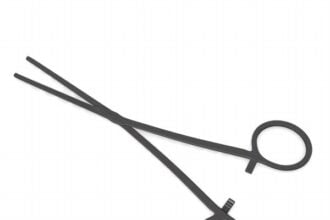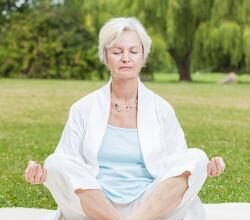Excerpted from my post at Covering Health, the blog of Association of Health Care Journalists.
Sitting in the waiting room of my opthalmologist’s office was an an elderly man, who I later learned was 100 years old, perhaps 102, no one was sure.
He could walk with the help of his aide and a sturdy cane and his cognition seemed good. My doctor later told me that this gentleman’s eyesight was as good or better than someone 20 or 25 years younger.
It got me thinking about what happens to our eyes as we age.
Why do some people maintain good vision well into their 90s while others struggle with serious visual decline at a younger age? Loss of vision significantly impacts a senior’s independence, which in turn, may lead to depression.
The American Foundation for the Blind says that the risk of severe eye problems increases with age, especially after 65. Two-thirds of those who are legally blind are seniors suffering from aging-related eye diseases. The National Health Interview Survey (NHIS) found 12.2% of people 65 to 74 years of age and 15.2% of those 75 years of age and over reported having vision loss.
This Scientific American article provides a good overview of the basic structure of the human eye, and what happens as we get older. According to the Cleveland Clinic, retinal disorders from diabetes, age-related degeneration, or retinal detachment are the leading causes of blindness in the US. Many people also suffer from glaucoma, cataracts, or macular degeneration.
So was mom right when she said “Eat your carrots”? Sort of.
Claims about various nutrients, vitamins, and minerals as beneficial to eye health vary from evidence-based to absurd. Experts strongly advise due diligence before reporting on the latest supplement of the month or dietary wonder food. Various studies show that foods high in Lutein and zeaxanthin (L/Z) such as cantaloupe, carrots, eggs, salmon, and orange/yellow peppers, do have protective properties linked with reduced risk of age-related macular degeneration and cataracts. This article in The Daily Mail contains a good synopsis of caretenoids, which are found in dark green and orange-yellow vegetables.
When it comes to nutritional supplements or “natural” alternatives, the FDA does not require manufacturers to gain approval before distribution. In addition, companies are permitted to claim that products address a nutrient deficiency, support health or are linked to body functions.
Any manufacturer can make a health claim, as long as there is some kind of study — which are often industry sponsored — to back it up. Look for information from reputable sources, like in this Globe and Mail article, which describes a well-regarded investigation of specific supplement concentrations — reminding readers that more isn’t necessarily better.







